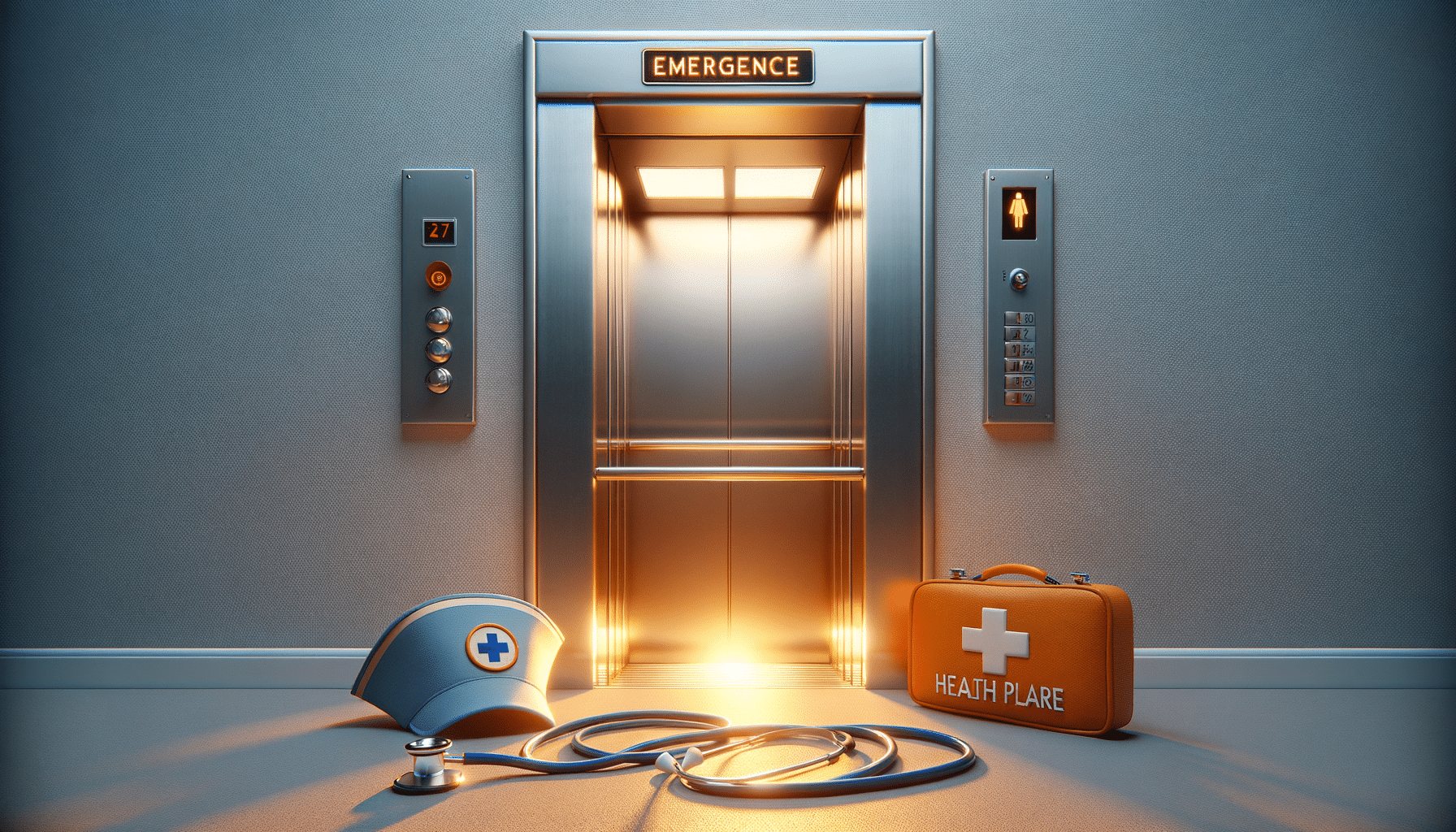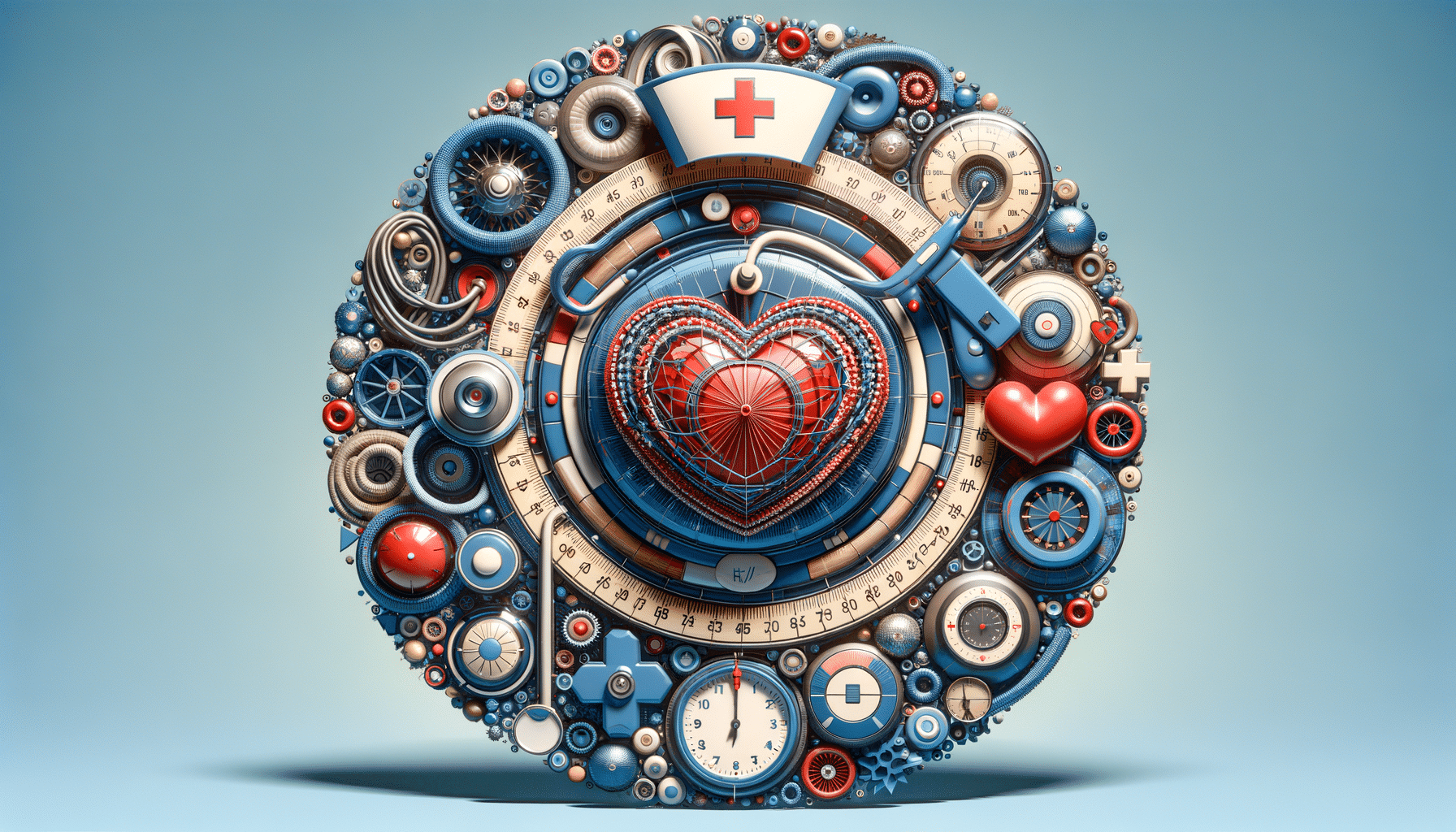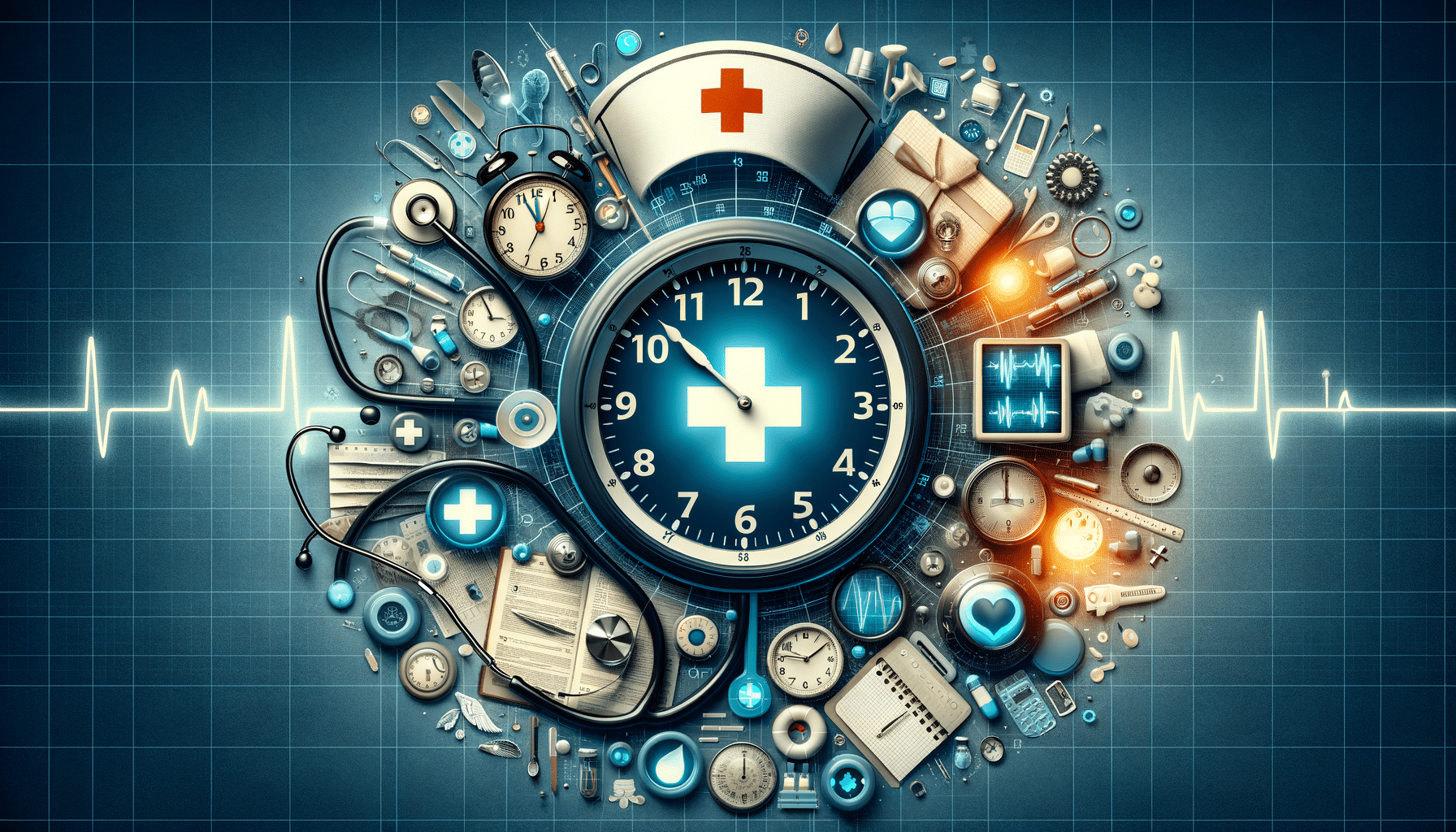
Understanding 24/7 Nurse Care: Elevating Your Health Plan with Professional Support
Introduction to 24/7 Nurse Care
In today’s fast-paced world, having access to continuous healthcare support is becoming increasingly crucial. The concept of 24/7 nurse care is gaining traction as it provides round-the-clock medical assistance, ensuring that patients receive timely care whenever they need it. This service is not only beneficial for patients with chronic conditions but also for those who require constant monitoring and support. By integrating 24/7 nurse care into your health plan, you can enhance your medical support system, leading to improved health outcomes and peace of mind for you and your family.
The Role of 24/7 Nurse Care in Modern Healthcare
24/7 nurse care plays a pivotal role in modern healthcare by offering continuous support and monitoring. Nurses are trained to handle a wide range of medical situations, providing immediate assistance and reducing the need for emergency room visits. This service is particularly valuable for elderly patients, individuals with chronic illnesses, and those recovering from surgery. By having a professional available at all times, patients can receive personalized care tailored to their specific needs, ensuring optimal health management.
Moreover, 24/7 nurse care helps bridge the gap between patients and healthcare providers. Nurses serve as a vital link, ensuring that patients adhere to their treatment plans and medications. They also provide education and guidance, empowering patients to take control of their health. This continuous support can lead to better patient outcomes, as it encourages proactive health management and early intervention when issues arise.
Benefits of Implementing 24/7 Nurse Care
The implementation of 24/7 nurse care offers numerous benefits, both for patients and healthcare systems. Some of the key advantages include:
- Immediate Response: With a nurse available around the clock, patients can receive immediate medical attention, reducing the risk of complications.
- Reduced Hospital Visits: Continuous monitoring and support can prevent unnecessary hospital admissions, saving costs for both patients and healthcare providers.
- Improved Patient Satisfaction: Access to 24/7 care enhances patient satisfaction by providing reassurance and peace of mind.
- Enhanced Chronic Disease Management: Patients with chronic conditions can benefit from ongoing support, leading to better disease management and improved quality of life.
By adopting 24/7 nurse care, healthcare providers can offer a more comprehensive and patient-centered approach, ultimately improving health outcomes and patient satisfaction.
Challenges and Considerations in 24/7 Nurse Care
While 24/7 nurse care offers numerous benefits, there are also challenges and considerations to address. One of the primary challenges is the cost associated with providing continuous care. Healthcare providers must balance the need for 24/7 support with budget constraints, ensuring that services remain affordable for patients.
Another consideration is the availability of qualified nursing staff. With a growing demand for healthcare services, there is often a shortage of skilled nurses, making it challenging to maintain a 24/7 care model. Healthcare organizations must invest in training and recruitment to ensure they have the necessary workforce to support continuous care.
Additionally, integrating technology into 24/7 nurse care can enhance service delivery but also presents challenges. Healthcare providers must ensure that their systems are secure and user-friendly, allowing nurses to efficiently monitor and communicate with patients.
Future of 24/7 Nurse Care
The future of 24/7 nurse care looks promising as healthcare systems continue to evolve. Technological advancements, such as telehealth and remote monitoring, are expected to play a significant role in enhancing 24/7 care services. These technologies enable nurses to provide care remotely, expanding access to healthcare for patients in rural or underserved areas.
Furthermore, the integration of artificial intelligence and data analytics can improve the efficiency of 24/7 nurse care. By analyzing patient data, healthcare providers can identify trends and predict potential health issues, allowing for proactive interventions.
As the demand for 24/7 nurse care grows, healthcare providers must adapt to meet the changing needs of patients. By embracing innovation and focusing on patient-centered care, the future of 24/7 nurse care holds great potential for improving health outcomes and enhancing the overall healthcare experience.


